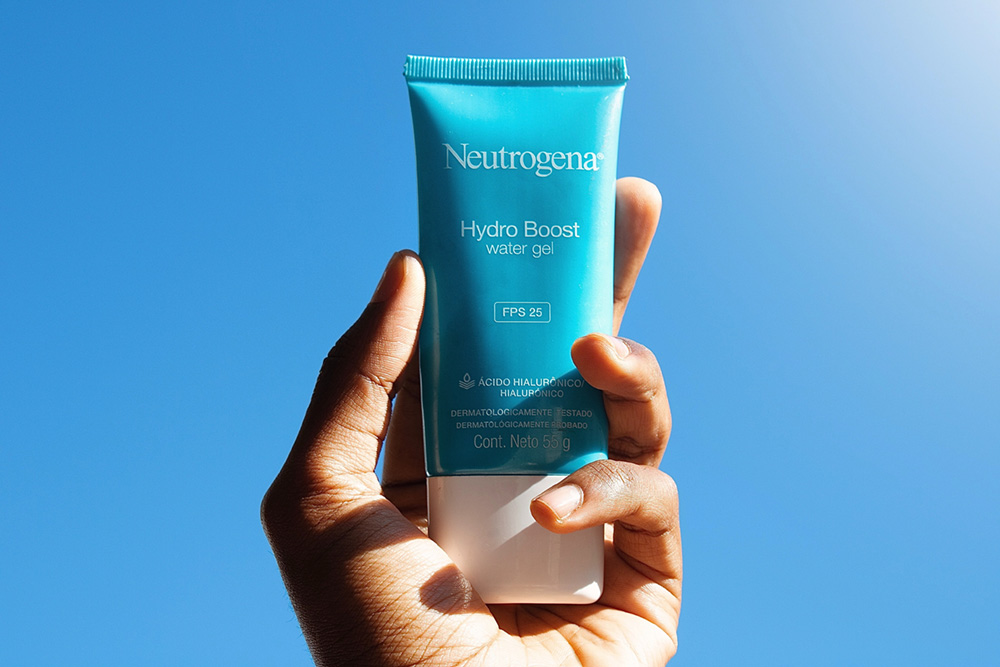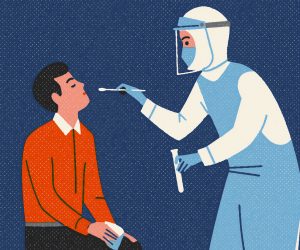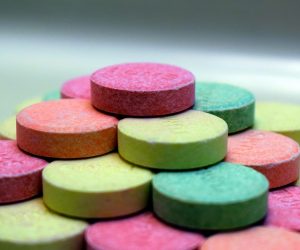
Sunscreen Recall Targets 14 Popular Sunscreens Tainted with Known Carcinogen
Leah Zerbe, MS, NASM-CPT, NASM-CES via Dr. Axe – Johnson & Johnson issued a voluntary sunscreen recall after benzene, a known carcinogen, was detected in 14 different spray sunscreen products.
The recall only involves aerosol products, a type of sunscreen that DrAxe.com and many public health advocates have been urging people to avoid for years for a host of different reasons.
Sunscreen Recall Details
Johnson & Johnson’s July 2021 spray sunscreen recall includes 14 products in the following five sunscreen lines. All SPFs and sizes of the following lines are impacted across the United States.
Consumers are urged to stop using these sunscreens immediately:
- Neutrogena Beach Defense aerosol sunscreen
- Neutrogena Cool Dry Sport aerosol sunscreen
- Neutrogena Invisible Daily defense aerosol sunscreen
- Neutrogena Ultra Sheer aerosol sunscreen
- Aveeno Protect + Refresh aerosol sunscreen
According to Johnson & Johnson, benzene is never used in any of its sunscreen products, and the company is actively investigating the cause of the contamination issue.
Even before this voluntary, in-house batch testing, the sunscreen industry was feeling the heat. In May, Valisure, an independent laboratory, tested 300 popular sunscreen and after-sun products and found that 27% contained concerning levels of benzene. (These 222 products did not contain benzene, according to Valisure records, although some could contain other harmful ingredients like oxybenzone, fragrances and more.)
“The FDA should set and enforce standards for chemical contaminants in everyday products like sunscreen so that consumers don’t need to rely on independent testing from labs like Valisure,” says David Andres, Ph.D., senior scientist at Environmental Working Group (EWG).
The results of the Valisure testing in earlier this year prompted a petition urging the FDA to take stronger regulatory action to protect consumers from this known carcinogen. The petition lists sunscreen samples that contained benzene.
‘Out of an Abundance of Caution’
Long-term exposure to high levels of benzene can cause leukemia or other cancers, according to the Centers for Disease Control and Prevention.
Still, Johnson & Johnson states that the levels recently detected in some of its sunscreen products aren’t expected to cause negative health impacts.
“Daily exposure to benzene in these aerosol sunscreen products at the levels detected in our testing would not be expected to cause adverse health consequences,” Johnson & Johnson said in its statement Wednesday. “Out of an abundance of caution, we are recalling all lots of these specific aerosol sunscreen products.”
While levels may be low, public health experts say there is no safe level of exposure when it comes to benzene, particularly for children. Benzene can trigger DNA mutations that can set off health issues that won’t show up for years after exposure in some cases.
Benzene is widely used in the United States and ranks in the top 20 percent of chemical production volume. Industries use benzene to create the following products:
- Plastics, including nylon and synthetic fibers
- Dyes
- Detergents
- Pharmaceuticals
- Pesticides
Benzene also turns up in:
- Oil
- Gas
- Cigarette smoke
Problems Plague Spray Sunscreens
There are other problems when it comes to spray sunscreens, too. Proper sunscreen coverage is challenging, since aerosol sunscreen distributes unevenly on the skin. This often gives people the sense of false protection.
It can also lodge deep into the lungs, and we don’t fully understand how this impacts human health yet, although scientists are actively researching this.
To opt for the best sunscreens, look for products scored 0 to 2 on on EWG’s annual sunscreen safety report. (The lower the score, the safer the ingredient formulation.)
Here are some recommended sunscreens with safer safety profiles, according to EWG:
- Badger Kids Broad Spectrum Natural Mineral Sunscreen Cream, SPF 40
- Badger Sunscreen Cream, Unscented, SPF 30
- Coppertone Defend & Care Face Sunscreen Lotion, Oil Free, SPF 30
- Neutrogena Clear Body Breakout Free Oil-Free Sunscreen Lotion, SPF 30
- thinksport Everyday Face Mineral Sunscreen Lotion, Naturally Tinted, SPF 30+
- Waxhead Sun Defense Skin Nourishing Sunscreen Lotion, SPF 30
Conclusion
- Johnson & Johnson issued a voluntary sunscreen spray recall involving 14 products in five product lines.
- The impacted product lines includes Neutrogena and Aveeno aerosol sunscreen sprays.
- Earlier in the year, independent lab testing found widespread benzene contamination in 27 percent of popular sunscreen and after-sun products tested.
- In general, avoid spray sunscreens. They contain chemicals that could lodge deep into your lungs and offer inferior protection due to coverage issues, according to EWG.
- Use EWG’s Guide to Sunscreens database to look for safer sunscreen options.
To read the original article click here.
For more articles from Dr. Axe click here.






